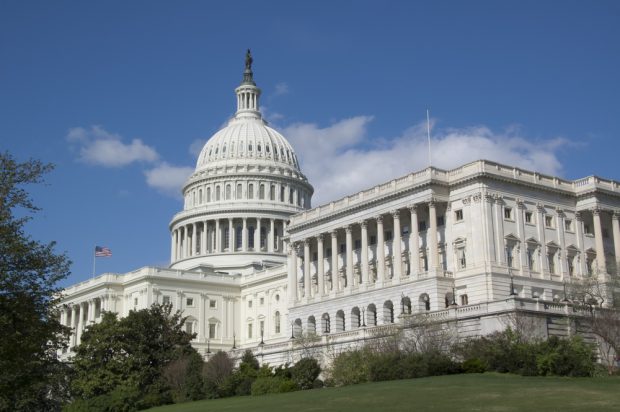The estimate is a drop from the committee’s last estimate of $10.1 billion in lost revenue between 2017 and 2021.
oktober 08, 2018 at 11:56 AM

The credit union federal tax exemption is likely to cost the federal government $9.9 billion in lost tax revenue between 2018 and 2022, the congressional Joint Committee on Taxation estimated last week. The estimate is a drop from the committee’s last estimate of $10.1 billion in lost revenue between 2017 and 2021. And it is lower than the Trump Administration’s estimate of $15.763 in lost revenue between 2018 and 2022, made in October 2017. The joint committee is Congress’s official tax scorekeeper, while the Treasury Department represents Trump Administration policy. The joint committee’s estimates are used when Congress crafts tax legislation. The joint committee estimate is contained in its latest report on tax expenditures—exemptions, credits and deductions contained in the federal Tax Code.
The credit union tax exemption is relatively small compared with others, such as the deduction for charitable contributions other than health and education, which is estimated to cost the federal government some $179.3 billion between 2018 and 2022. “CUNA has advocated for the committee to not consider the credit union tax exemption as a tax expenditure at all,” CUNA President/CEO Jim Nussle said. “Credit unions brought $15 billion in financial services benefits to the consumer marketplace in 2017. If credit unions had been taxed in 2017, the receipts would have accounted for only 0.07% of federal spending.” The estimate does not take into account the portion of retained earnings that are required to be set aside by credit unions to meet statutory capital requirements, CUNA said.
And CUNA said that the “federal expenditure” on banks that elect Subchapter S tax treatment is not considered a tax expenditure. NAFCU has made similar arguments, citing a study that showed that the credit union tax exemption brings $16 billion a year in benefits to the U.S. economy. The joint committee said its estimates may differ from those of the Treasury Department because it uses different methodology than the Treasury Department.
Outgoing Senate Finance Chairman Orrin Hatch (R-Utah) raised the issue of the credit union tax exemption earlier this year, when he questioned whether it is outdated. He asked the IRS to begin requiring federal credit unions—at least the largest ones—to file informational federal tax returns. The IRS has taken no action on Hatch’s request and so far, no other lawmaker has raised similar issues. Hatch is retiring at the end of this year.
